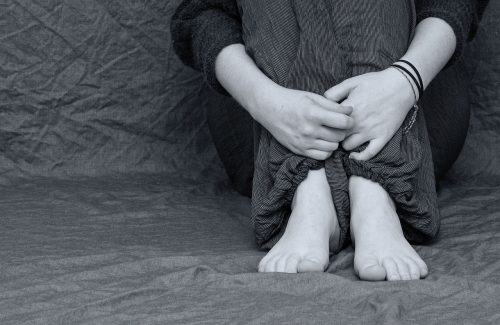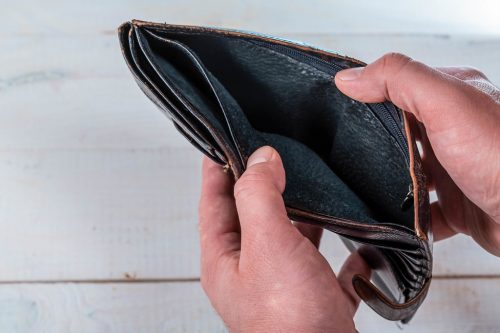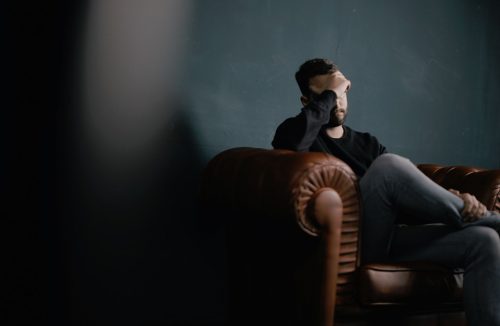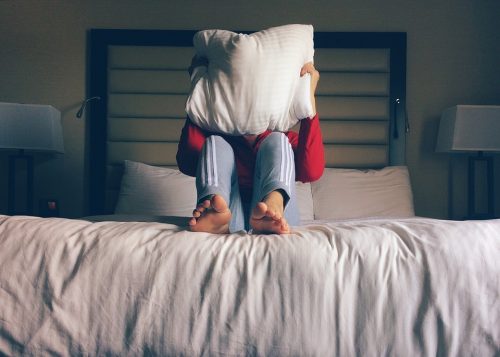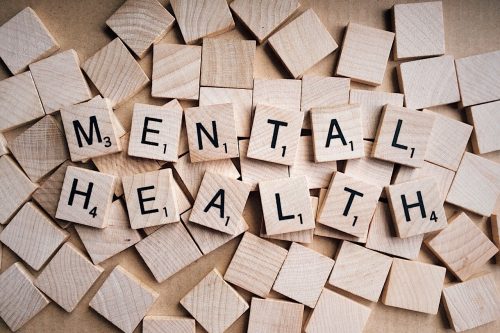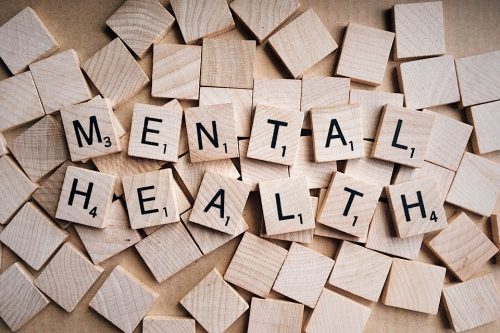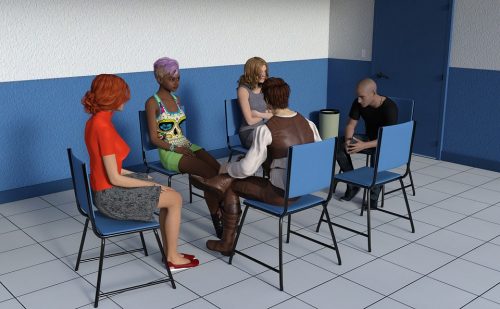
Source: pixabay.com
Depression is one of the worst enemies you can find. You don’t see it, but you can undoubtedly feel its symptoms. It prevents you from seeing all the positive things that take place in your life, as well as the people who will do anything for you. It affects your cognitive function until you begin to believe that you are unloveable, hopeless, and unworthy of anyone’s respect and love.
Since we don’t condone to self-medication or self-diagnosis here, allow me to help you realize the different ways to tell whether you are depressed or not.
You Are Thinking About The Same Problem For Days Or Weeks
Have you been thinking about the same thing for a while now, as if it’s on loop? The same words or ideas merely play in your head over and over without stopping. Regardless of what you are doing, they still consume a considerable part of your mind. “Ruminating is worsened by another difficulty of the depressed and anxious brain—an inability to flexibly generate solutions,” says Margaret Wehrenberg Psy.D.
You Stay In Bed But Don’t Sleep

Source: pixabay.com
The second sign of depression is sleep deprivation. You may start feeling too lazy to get out of bed; you wish to stay there unless your urinary bladder is about to burst. However, sleeping may not be on your agenda. No matter how much you try to doze off, it is simply not happening because your mind does not give you a chance to rest. “Chronic sleep deprivation also affects the immune system and the cardiovascular system negatively, increasing the risk for other medical problems,” psychiatrist Dr. Nina Urban said.
You Eat Only When You Can’t Take The Hunger Anymore
Another result of overthinking is that you forget to feed yourself. Food is among the primary necessities of humans like us. We need it to survive, to be able to perform different activities. For a depressed individual, though, eating on time is not a priority at all. You might continue lying on the bed with your arms hugging your stomach, but you might not get up to get food. It can go on for a full day or two, depending on how long you can take your hunger for granted.
You Feel The Need To Lie About Your Situation In Front Of Your Loved Ones

Source: pixabay.com
It is also common for depressed folks to feel the need to cover up their condition. Your overthinking brain may insist that you should not tell your family about it because they might worry about you. The other part of you may push you to do so because your friends might choose to stay away from you when they get wind of it. So, when your loved ones are around, you act like there’s nothing that’s bothering you. You smile, joke around, and even make stories about the “great” things that have been happening in your life. “Everyone has sad moods, and most of us know what we do when those moods hit: call a friend, watch a sad movie and cry, eat some comfort food. However, what many people do not know is how to tell if you are moving from being sad to being in a clinical depression,” says Dr. Dara Gasior, PsyD.
Final Thoughts
If you realize that you have been doing all the things mentioned above and more, please do yourself a favor and see a psychiatrist. Depression is not like the flu or allergy that will go away on its own over time. Instead, it is comparable to cancer that will worsen if you leave it unchecked.
Get the mental help that you need as soon as possible. Good luck!
